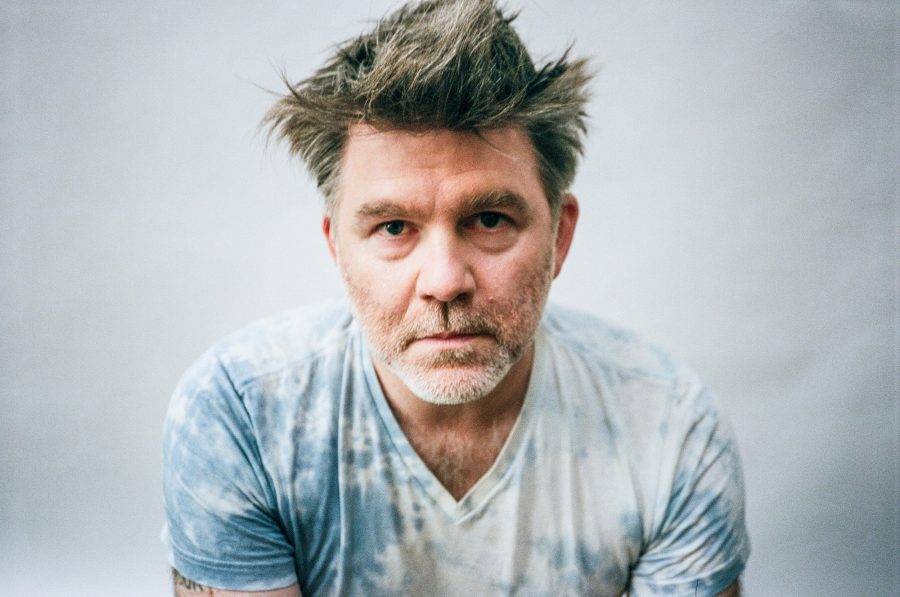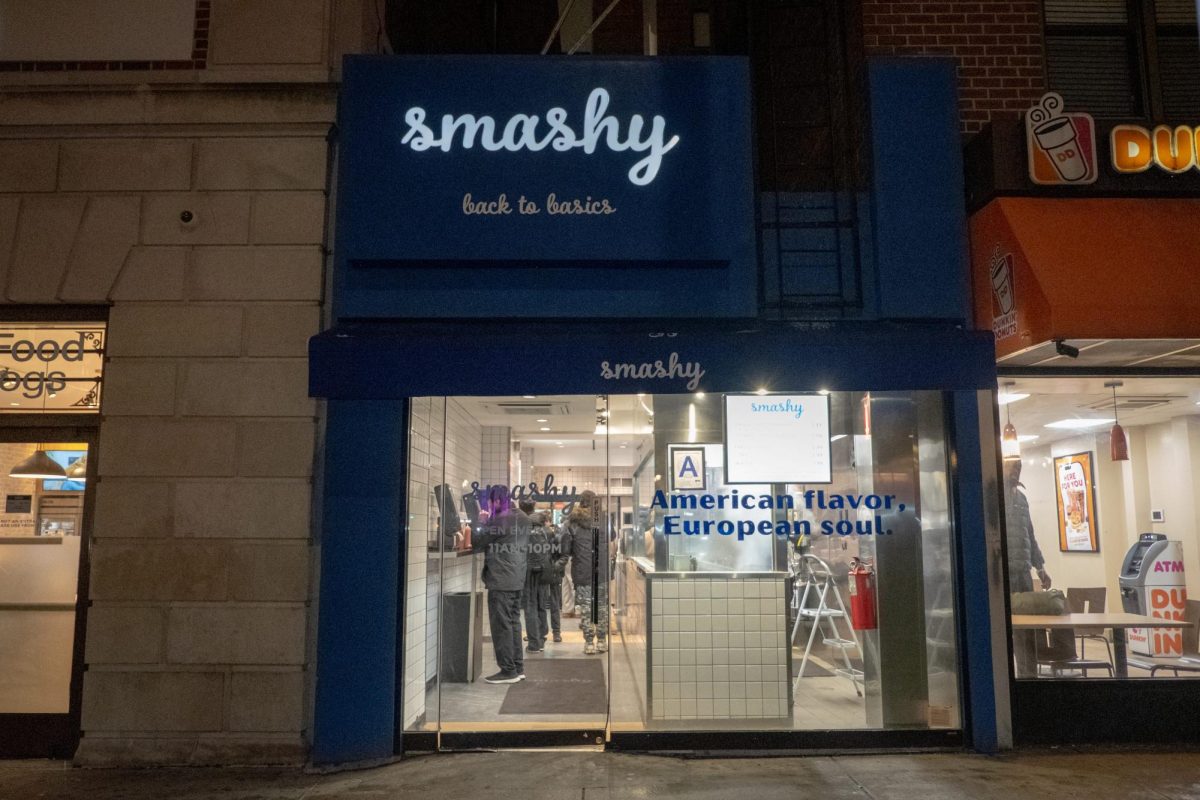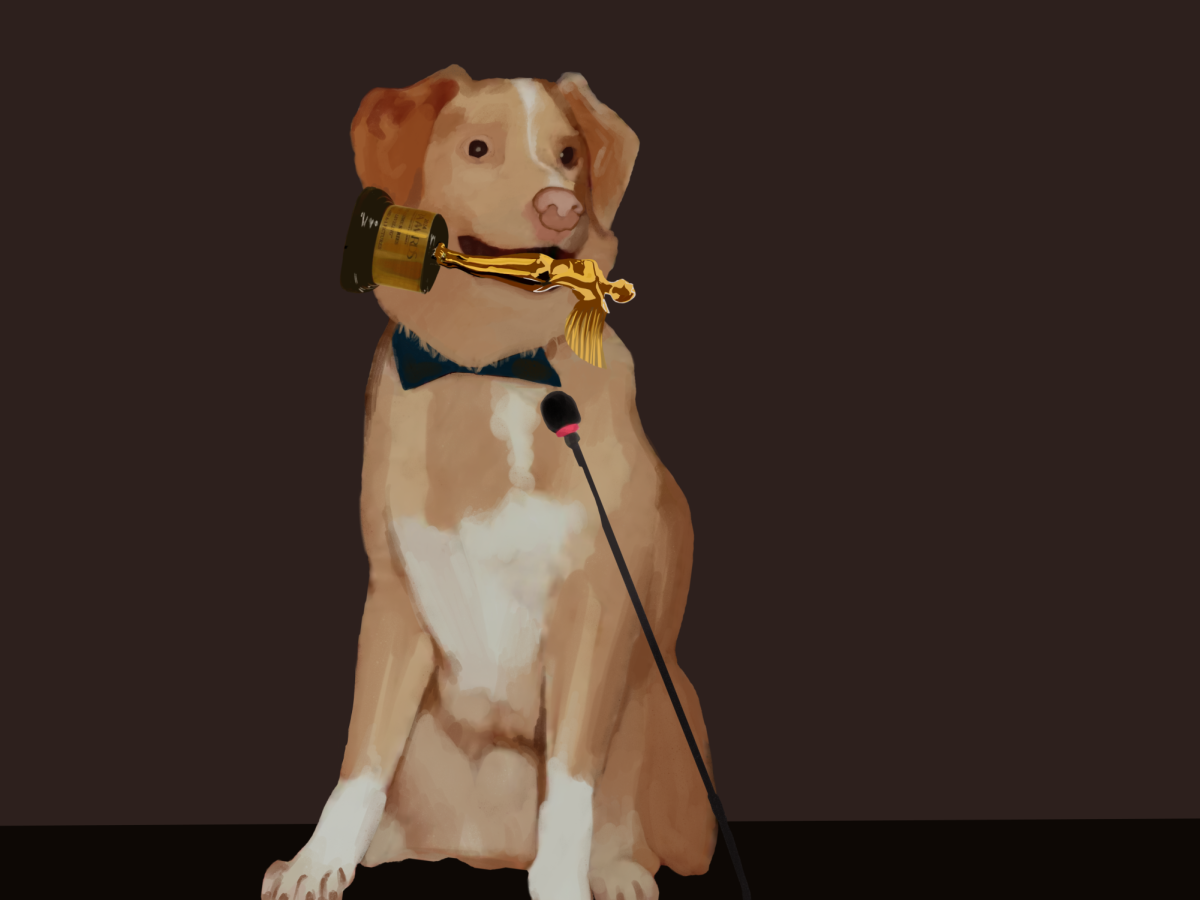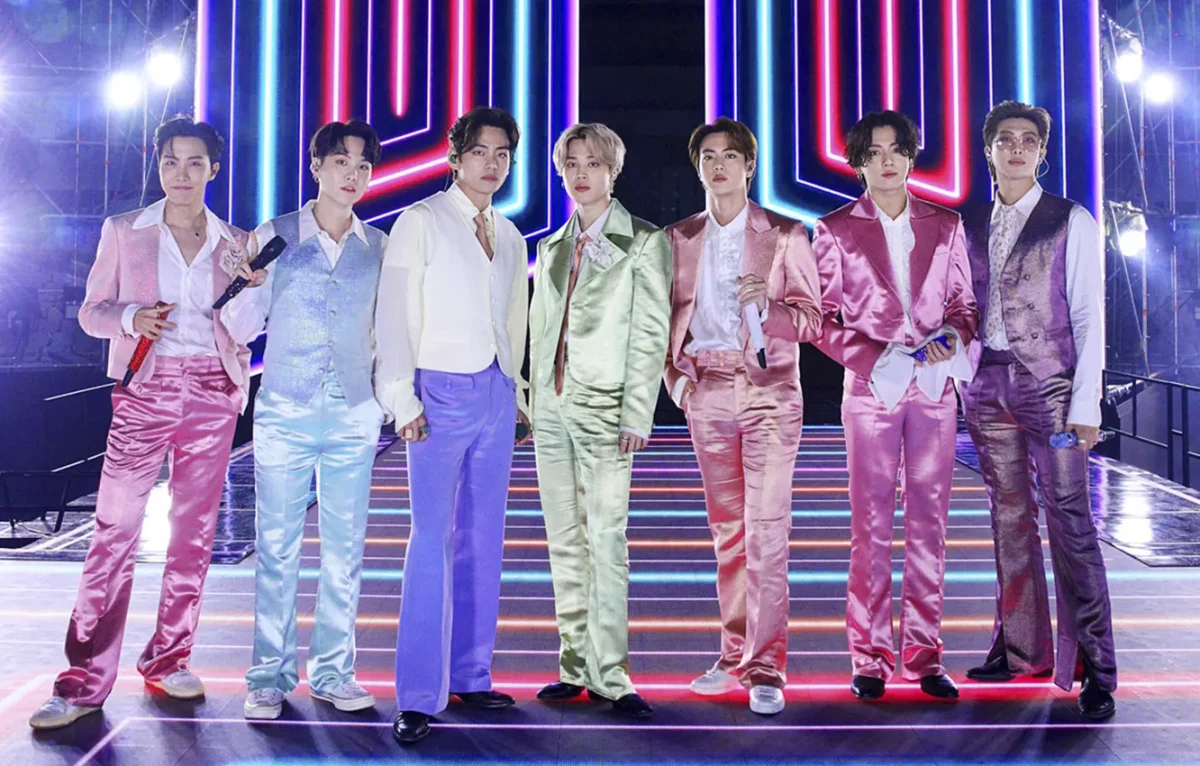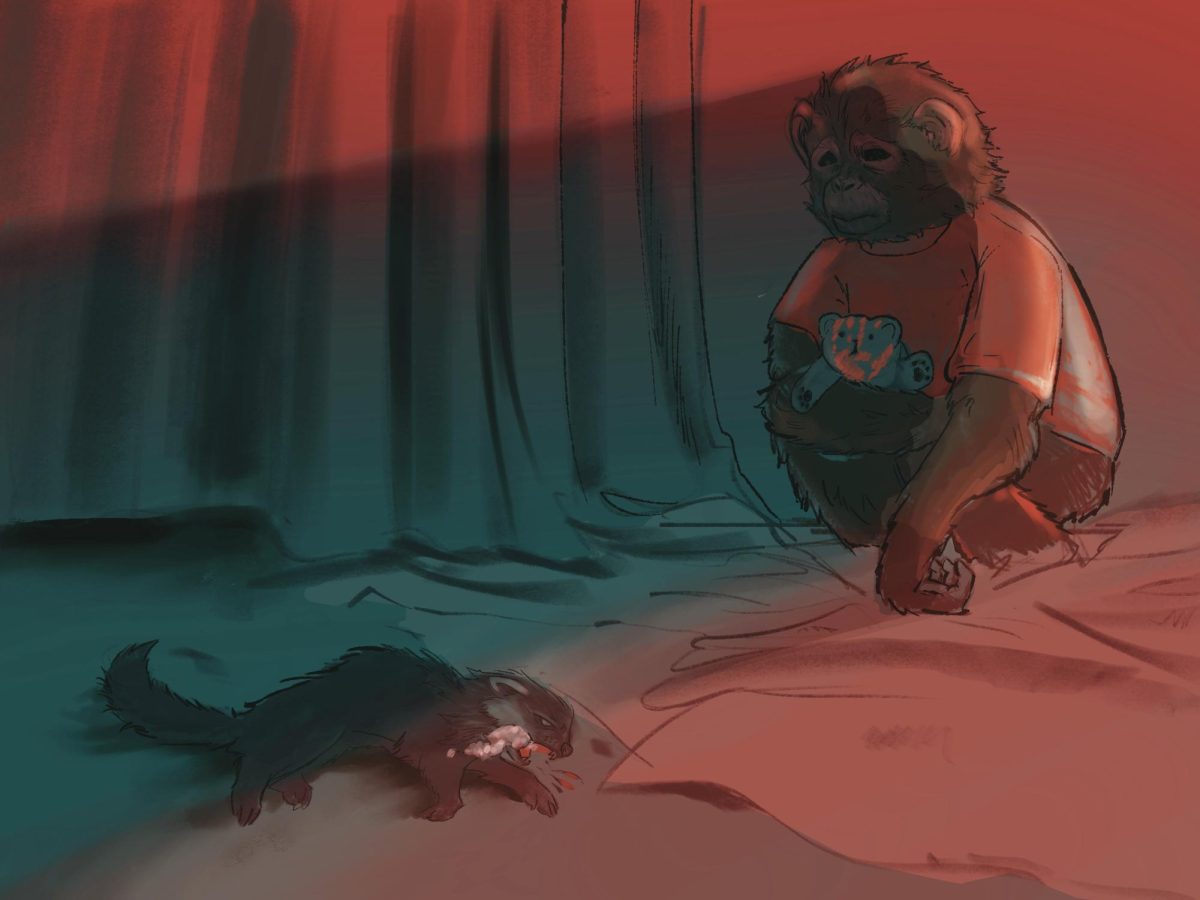One of the best qualities of LCD Soundsystem is how simplistic yet complex the band’s music is. James Murphy — singer, producer and instrumentalist — is able to take influences from classic New York City bands such as Talking Heads, Television, Blondie and The Velvet Underground and is able to merge them together with influences of electronic music such as Daft Punk to create a unique dance-rock sound.
There’s an added element to the music when LCD Soundsystem plays live, when the band is able to best express the longevity of the songs they create.
On Electric Lady Sessions, the band’s third live album, fans who have not seen the band in concert have the opportunity to enjoy a similar experience.
Aside from three tracks, all the material on Electric Lady Sessions is from LCD Soundsystem’s previous albums. The record has three cover songs: “Seconds,” “I Want Your Love” and “(We Don’t Need This) Fascist Groove Thang,” originally by The Human League, Chic and Heaven 17, respectively.
The album opens with “Seconds,” a fantastic start. The band typically has the track in its rotation of songs during concerts, so it is great to finally have a proper recording of the band’s rendition.
The second cover, “I Want Your Love,” transitions seamlessly from the preceding track, “home,” and highlights vocals from Nancy Whang. The same cannot be said for the last new cover the band included on the record. “Fascist Groove Thang” is the band’s attempt to be political punk rockers and it comes off as unnecessary. The record would’ve benefited from ending one track earlier, with “oh baby” as the album’s closer.
A lot of the songs from the band’s 2017 album American Dream benefit greatly from being performed live. An example of this can be seen in the track “emotional haircut,” a dance punk anthem that benefits from the raw performance heard on the album. The same can be said for “call the police,” which ends up being a much heavier song than the studio recording found on American Dream. It is also extremely difficult not to dance to a lot of these songs, which have extremely upbeat rhythms and hypnotic grooves, staples of LCD Soundsystem’s music.
A major highlight in the setlist of the album is “oh baby,” which has Murphy’s best vocal performance. The passionate singing reflects the simplicity of the heartbreak ballad that was a standout on the band’s fourth studio record. The song’s final moments are grand synthesizers and drum machines that carry Murphy’s performance to a dramatic finish.
A great accomplishment behind Murphy’s project is the musicianship demonstrated in the performances. Since LCD Soundsystem is a project led by one man, Murphy rightfully gains all the credit he deserves from the work he does on the studio albums, since he has been known to play many of the instruments in studio.
In a nice change, fans are able to hear playing from touring bandmates like Whang, Al Doyle and more, a simulation of what LCD Soundsystem really sounds like when performing live.
Despite the criticisms of Murphy’s handling of the group’s demise and reformation in the span of seven years, it is difficult to argue that LCD Soundsystem has overstayed its welcome.
In the resurgence of the popularity since its reformation, LCD Soundsystem has been enjoying a solid comeback that doesn’t seem to be stopping anytime soon. The performances on this album do not sound any less enthusiastic than the final moments at the band’s 2011 farewell concert at Madison Square Garden.
Murphy has a complex way of thinking, and fans are able to see that in his work with LCD Soundsystem. Murphy led the acclaimed musical project to success and then at the height of the band’s popularity, played at Madison Square Garden to a sold-out crowd of dedicated fans.
At the advice of the late David Bowie, Murphy awkwardly returned with LCD Soundsystem’s American Dream. After the album received favorable reactions from critics and fans alike, it was seen as a triumphant return from a long hiatus.
Now, with a live album, Murphy reminds listeners how good LCD Soundsystem sounded and continues to sound, the way the band’s music is meant to be heard.


